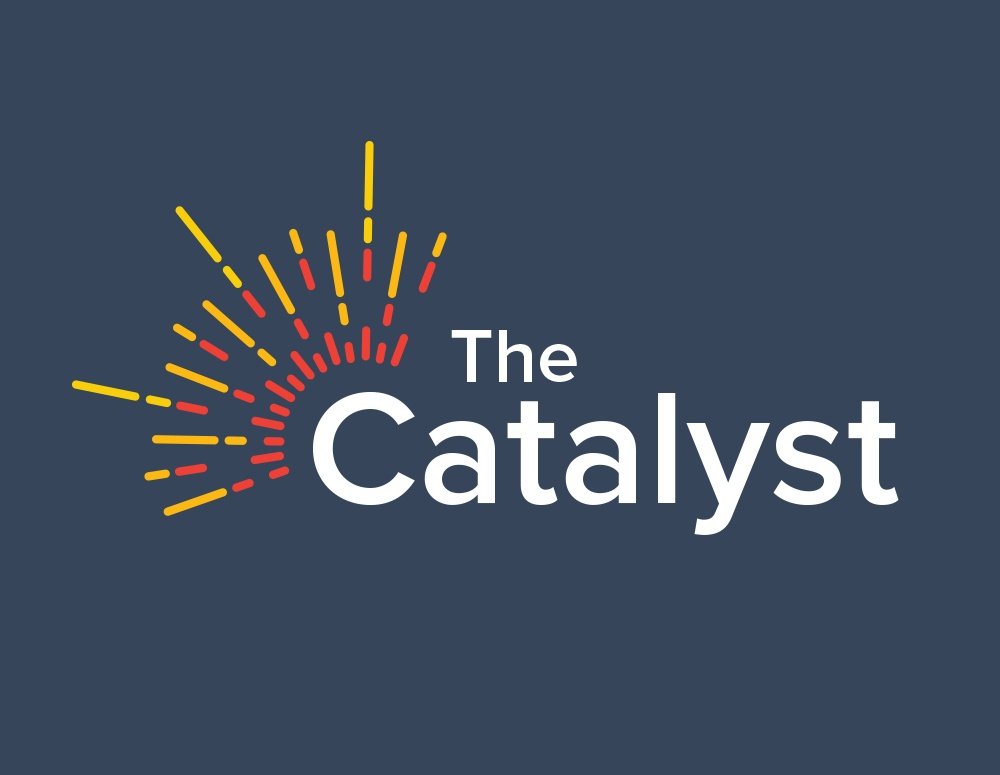Just about every day, I read a news story about the opioid crisis or talk to someone who has been personally impacted by addiction. According to the CDC, opioids, including prescription opioids and heroin, killed more than 33,000 people in 2015 - more than any year on record. Nearly half of all opioid overdose deaths involve a prescription opioid.
I first started working on this issue in the 1990s, in the White House Drug Policy Office. What's different now is that everyone I talk to seems to have a personal connection to addiction, either through a friend, family member or their own experience, and recognizes that this is not a bipartisan issue but a growing and complex public health crisis requiring a multi-faceted approach. Across the health care, regulatory and law enforcement spectrums, there are more similarities than differences in how we talk about the crisis. But perhaps the most important change is the growing consensus that we are indeed facing a crisis of monumental proportions, which requires a multifaceted solution involving all of us—from parents and teachers, to prescribers, to research-based biopharmaceutical companies, to those involved in distributing controlled substances, to federal and state agencies.
The report of the President’s Commission on Combatting Drug Addiction and the Opioid Crisis reflects a holistic approach that America’s innovative biopharmaceutical companies fully support. We applaud the Commission’s engagement with our nation’s governors and others from around the country who are on the front lines of this crisis to inform the report recommendations. Specifically, PhRMA supports the Commissions’ recommendations to:
Enhance law enforcement capacity and prioritize cracking down on rogue online pharmacies, pill mills and criminal organizations responsible for counterfeit and diverted fentanyl and other illicit drugs coming into the U.S. Counterfeit and illegal drugs are killing our citizens, destroying families and jeopardizing the health of our first responders. It is unconscionable that Congress would consider increasing this threat by opening our borders to importation and further threatening the integrity of our drug supply.
Mandate annual prescriber education and training, on topics like pain management, appropriate prescribing of opioids and non-opioid alternatives, medication assisted treatments and opioid reversal agents. Additionally, mandated training and use of prescription drug monitoring programs (PDMPs) will help identify potential doctor shopping and prevent fraud and abuse.
Expand treatment capacity and treatment options, including enhancing health insurance coverage and access to the wide range of treatment options for patients including medication assisted treatment to treat addiction and opioid reversal agents. Those struggling with addiction should be able to access the care they need.
Expand the effectiveness of state and federally run electronic databases that track prescribing of controlled substances. Using PDMPs has proven to be an effective way to identify potential doctor shoppers and to foster appropriate prescribing but only when they are used and provide relevant data. Given the growing toll of opioid abuse among our nation's veterans, we support the Commissions’ recommendation that the VA and HHS prioritize making sure these databases share critical information across state lines to combat the opioid crisis
Expand access to overdose reversal agents and medication assisted treatments for addiction. That includes identifying priorities for a public-private partnership with the National Institute on Drug Abuse (NIDA) and National Institutes of Health (NIH) to support the development of new medicines to treat addiction and new drug-device combinations to help in the case of overdose.
The Commission's recommendations reflect the need for comprehensive policy frameworks to successfully prevent abuse and addiction. It isn't enough to solely focus on one aspect of the problem. We need to break the cycle. We stand ready to support the Federal Government’s efforts to address this crisis.



